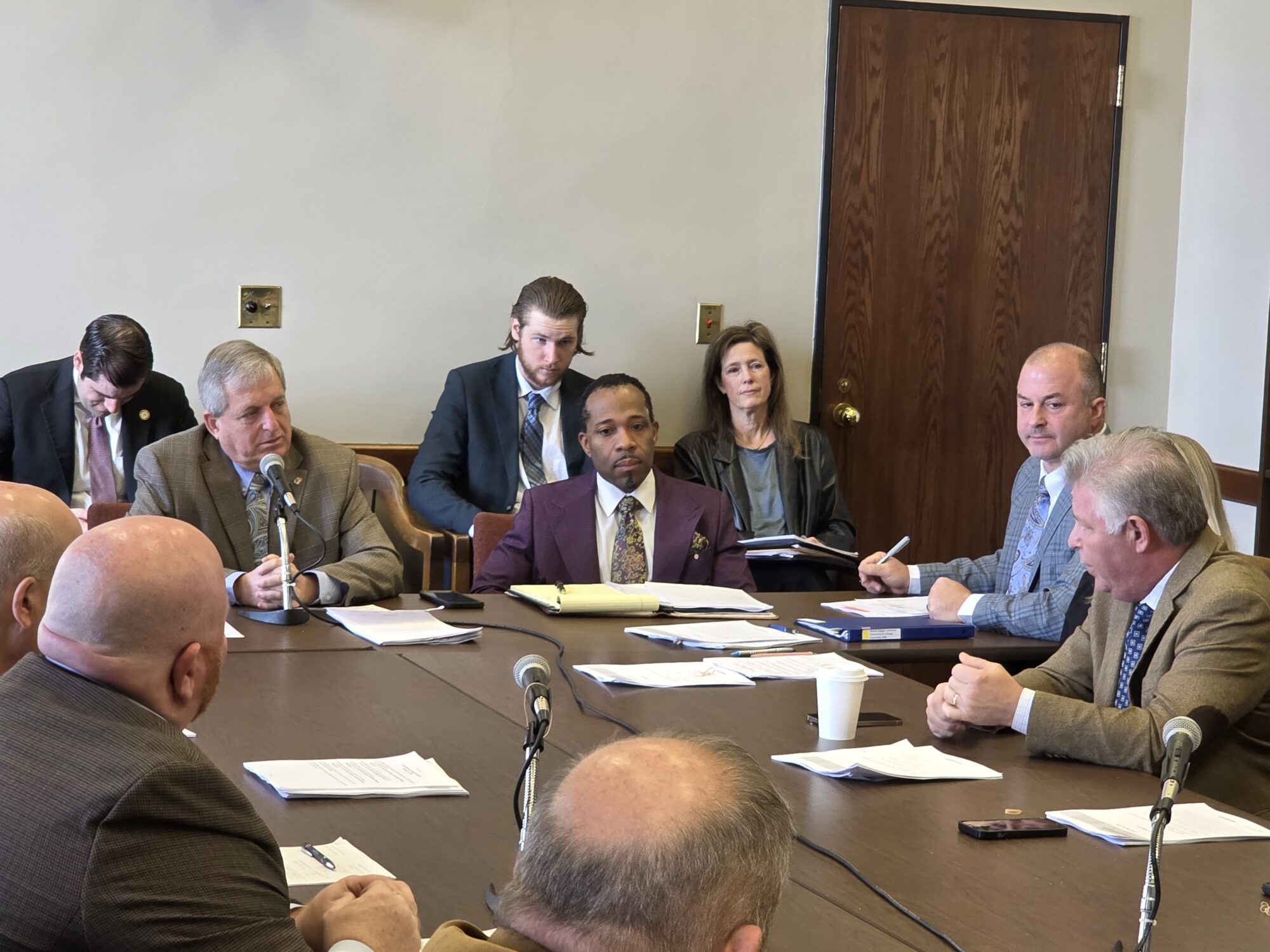
(Photo by Robert Jordan from Ole Miss Communications - 2017)
- Two new degree programs at the University of Mississippi were also approved by the IHL Board at Thursday’s meeting.
The Board of Trustees for the Mississippi Institutions of Higher Learning approved requests to implement new degree programs and heard an update about enrollment statistics during Thursday’s meeting.
At the end of the meeting, Commissioner Dr. Alfred Rankins provided an enrollment and graduation update for the 2022-2023 academic year, saying enrollment totaled 86,458.
“New freshman and transfer students made up about 31 percent of undergraduates in our system and first-time freshmen made up about 18 percent,” Rankins said.
The average ACT score for first-time freshmen that year was 23.7 and the average freshman to sophomore retention rate was 81 percent.
Rankins added that on average, Mississippi’s public universities graduate 24 students out of every 100 who enroll.
Last academic year, the institutions awarded 19,605 degrees, of which 4,567 were in the disciplines of Science, Technology, Engineering and Mathematics.
The two new degree programs approved by the IHL Board at Thursday’s meeting will be offered by the University of Mississippi. They are a Bachelor of Arts in Media and Communication and Doctor of Philosophy in Nutrition Sciences, said Dr. Casey Prestwood, Associate Commissioner of Academic and Student Affairs.
The Bachelor of Arts in Media and Communication will be housed under the university’s School of Journalism and New Media and Department of Media and Communication.
“This 120-hour degree program will give undergraduates rigorous training in the critique and analysis of media,” Dr. Prestwood described. “While the existing academic degree programs in this school prepare students for careers in journalism, public relations, advertising and marketing communications, the BA in Media and Communication will focus on preparing students for a changing and increasingly global media and communication landscape.”
Careers the degree applies to include media and communication research, criticism, policy, and management with pay scales ranging from $50,000 to $75,000, Prestwood added. It is estimated about 114,300 new job openings related to those fields are predicted between 2022 to 2032.
The anticipated new revenue that will be generated by the degree program at the university through five years is $1.6 million.
“Since the degree program will utilize existing resources and faculty, there’s no cost for implementation,” Prestwood elaborated.
The new Doctor of Philosophy in Nutrition Sciences at Ole Miss will be housed under the School of Applied Sciences and Department of Nutrition and Hospitality Management. It requires 60 hours to complete. Prestwood said the program currently exists as an emphasis of the Ph.D. in Nutrition and Hospitality Management but changing it to a standalone program is necessary to attract and retain students interested in a nutrition sciences career.
“This degree program equips graduates with the expertise necessary for diverse professional pathways encompassing research, teaching and advanced level practice within esteemed sectors, such as higher education institutions, government agencies and the public and private domains,” Prestwood said.
With potential careers including tenured professors, research and education, and government or industry, pay scales range from $70,000 to $95,000 annually.
The IHL Board also approved two new requests concerning unit changes at the University of Mississippi that moves the Confidential Advocacy Support and Education (CASE) and creates the Division of Access, Opportunity and Community Engagement.
CASE will be moved under Student Affairs in the Dean of Students Community of Practice, creating a standalone department to increase its visibility as a vital resource for students who may be dealing with a violent situation.
“The mission of this unit is to provide confidential advocacy to assist students who may have been impacted by interpersonal violence and to serve as a liaison between the university and local resource groups,” Prestwood described.
The Division of Access, Opportunity and Community Engagement will be housed under Academic Affairs and will cost about $1.5 million to implement. It aims to resolve the state’s issue of a decreasing number of high school graduates seeking higher education by aligning resources to prioritize student persistence, success and graduation rates.
“To achieve this, UM needs to enhance its focus on expanding access to higher education, particularly for students facing limited resources, minimal family experience with higher education and other barriers,” Prestwood said.
Finance requests approved by the IHL Board
- A request from the University of Mississippi Medical Center to enter into agreement with Aramark Healthcare Support Services LLC to provide management of UMMC’s food service program at the Jackson, Grenada and Holmes County facilities. The contract will have a five-year term at a cost of $75.3 million.
- A request from UMMC to enter into a purchase agreement with Integra Life Sciences Sales to purchase biologic and bio-synthetic wound dressings for advanced wounds and burns for a three-year term at cost of $22 million.
- A request from UMMC to enter into a staffing services agreement with Medical Solutions to augment nursing, nursing assistant and other staffing needs at all UMMC locations for a term of three years at cost of $54 million.











